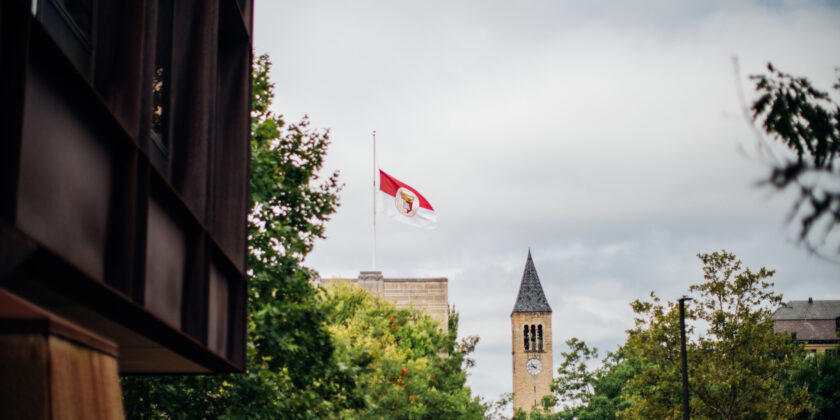Common App Essay Tip: Writer’s Block
Writer’s block is no joke! It happens to the best of us, so don’t get too frustrated if some days you just can’t get in the groove with your writing. When it strikes, try using these ideas to help jumpstart the process:
- Remove all distractions: Put your phone in the other room, close out all the browsers on your computer, close the door, put on some headphones, give your laptop to your parents, and spend an hour with just pen and paper.
- Set a timer: Don’t spend hours staring at the screen. After removing all distractions, set a timer for 20 minutes and follow the next step.
- Write like nobody’s watching: The college process can feel high stakes, and the pressure can make you feel like every word you put down has to be perfect. If you get stuck, try to “just write.” Forget that you’re writing a college admissions essay; imagine you’re writing a diary entry or a letter to your best friend instead. You can even use bullet points if writing sentences seems too intimidating right now! You can repeat this exercise as many times as needed.
If you aren’t getting anything down in 20 concentrated minutes, it might be time to skip to 4 and 5.
- Change of scenery: Maybe you are used to doing all of your writing at your desk or kitchen table or bed or parent’s office. Change it up from time to time, especially if you feel stuck. You might find that the local library or coffee shop, or maybe even a WiFi-free setting like the park, is the place where you really get in the zone. You won’t know until you do some exploring.
- Try this mantra: You CAN write your college application essays, and you WILL write them. Take this on as your mantra—or come with your own—then write it on an index card and tape it above the space where you usually work.
Ultimately, the only way to get over writer’s block is… to write! You can do this!
*Stay in the know! Subscribe*

